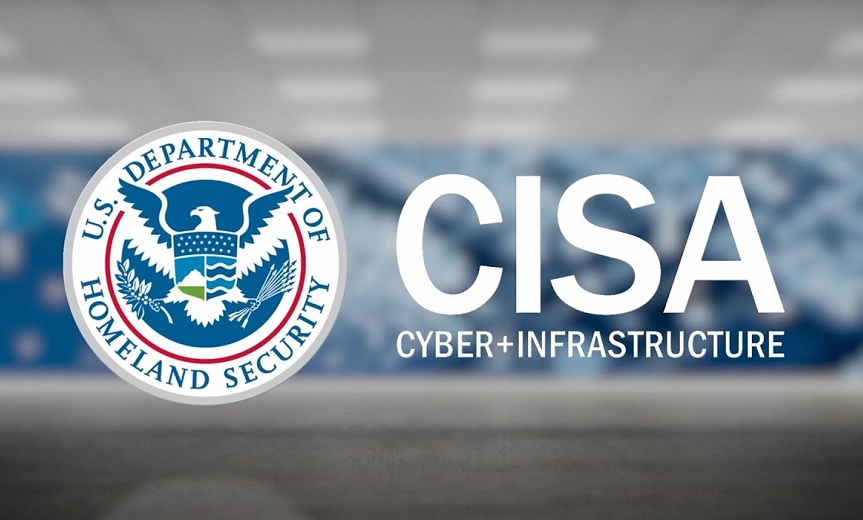Critical Infrastructure Security,
Government,
Industry Specific
Does CISA’s Ambiguous Future Increase Risks for Nation-State Cyber Attacks?

The future of the Cybersecurity and Infrastructure Security Agency (CISA) has come under scrutiny following recent significant governmental changes. Experts express concerns that critical U.S. infrastructure sectors, such as energy, finance, and elections, face an increased risk of cyberattacks and espionage.
See Also: Cisco Umbrella for Government: Assisting Agencies with Enhanced Cybersecurity Standards
CISA is experiencing pressure from the incoming presidential administration and from Congressional Republicans, including Senator Rand Paul, who has expressed intentions to limit or even abolish the agency’s functions, particularly its role in online content regulation.
Unexpectedly swift changes within the administration have led to the removal of career officials from CISA, raising alarms about the stability of federal cybersecurity operations. Reports indicate that at least 17 staff members tasked with defending elections from disinformation and foreign interference activities have been placed on leave pending further investigation. This disruption has fostered concerns surrounding access to sensitive data systems.
Analysts have noted that ongoing confusion regarding federal hiring processes and budget allocations, notably related to critical cybersecurity initiatives, could leave U.S. infrastructure exposed to a new wave of cyber threats. This turmoil is compounded by the evolving challenges presented by nation-state actors and the sophisticated tactics they employ, such as advanced persistent threats and targeted ransomware attacks.
Michael McLaughlin, a former naval intelligence officer and advisor for U.S. Cyber Command, underscored that CISA’s precarious situation and potential operational downsizing complicates the security landscape. He mentioned that emerging threats necessitate immediate federal focus, especially concerning adversarial exploitation of advanced technologies like artificial intelligence and quantum computing, which could be leveraged in attacks.
As critical infrastructure systems become increasingly interlinked, the risk of widespread failures escalates significantly. McLaughlin emphasized that addressing these vulnerabilities demands improved threat intelligence sharing and the fostering of robust public-private partnerships within the cybersecurity framework.
Established during the Trump administration, CISA has played a crucial role in synchronizing national cybersecurity strategies and disseminating threat intelligence. The absence of a unified body like CISA could lead to a lack of coherent cybersecurity standards across crucial infrastructure sectors, ultimately resulting in fragmented defenses and slower incident remediation. Experts, including Greg Anderson, CEO of the vulnerability management platform DefectDojo, have warned that dismantling CISA would significantly hinder public and private cybersecurity efforts, specifically those reliant on timely information regarding threats from foreign adversaries.
Both CISA and the White House have not responded to requests for comment amid these unfolding challenges.